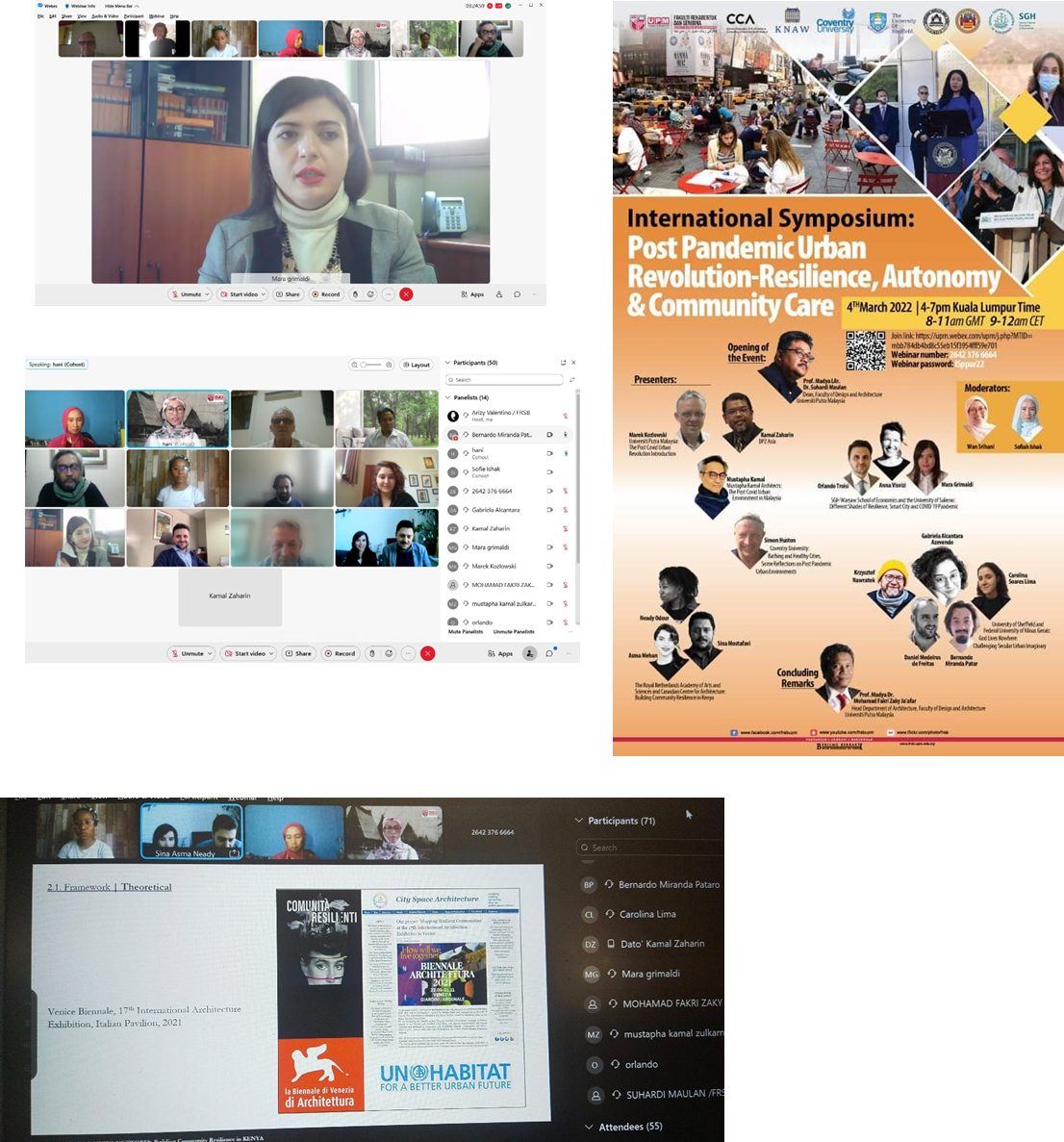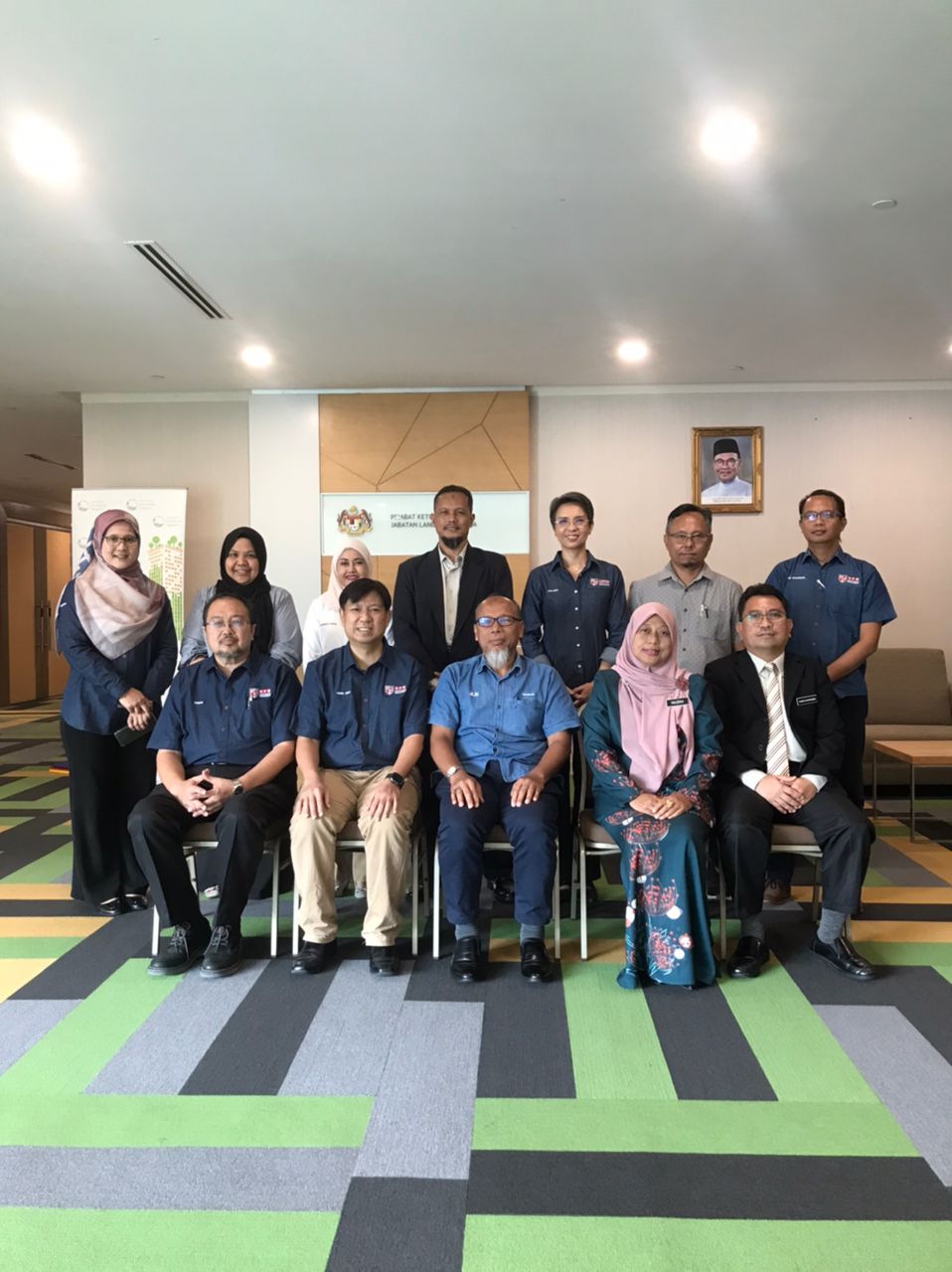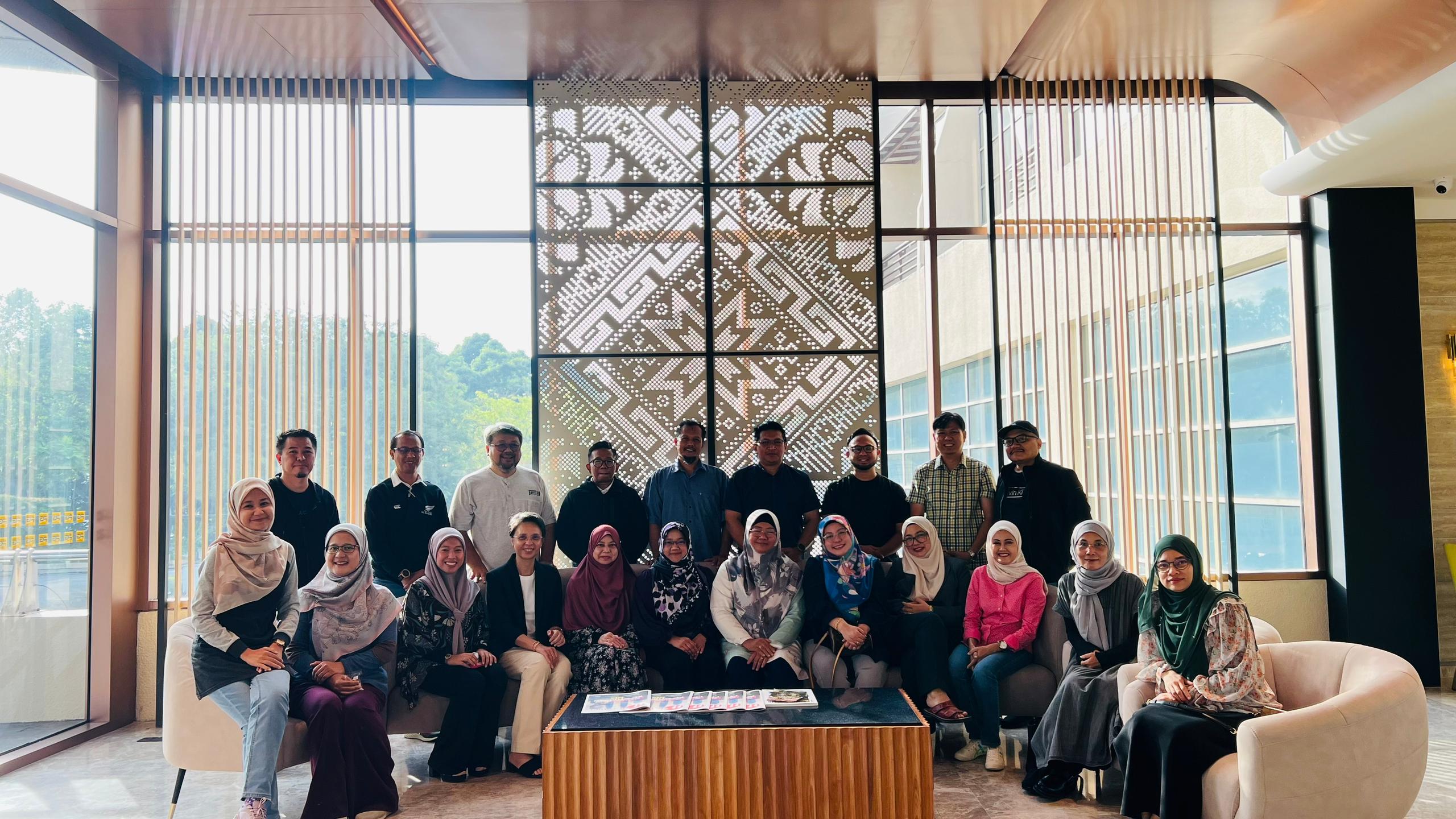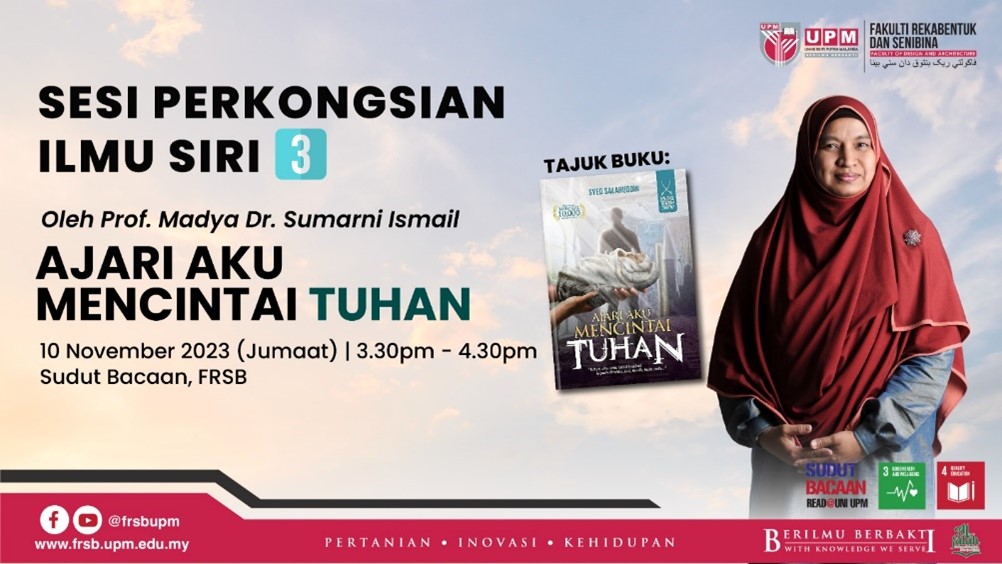Dr. Marek Kozlowski
The department of Architecture, Faculty of Design and Architecture had organized an international symposium on March 4th, 2022, via Webex platform. The Symposium included presentations from universities, professional and research institutions in Europe, Brazil, Canada and Malaysia. FRSB was the main initiator, organiser and coordinator of this event.
The current COVID pandemic has revealed that the existing political establishments and strategies based on neoliberal principles and uncoordinated economic growth have failed. Lockdowns including movement control orders, the most popular measure against COVID 19, damaged urban public spaces that support the city economy and also the mental well-being of the urban community. Recent research coordinated by John Hopkins University revealed that lockdowns reduce COVID mortalities by only 2% globally and in some regions, that figure is close to zero. Nevertheless, after 24 months into the COVID pandemic, there is still a false perception that long-term lockdowns are a successful tool in combating viruses.
Therefore, it is imperative to challenge the misconception of lockdowns and create pandemic resilient cities by identifying planning and design measures and strategies for the urban environments and conducting advanced research on the virus and its implications on urban communities.
Marek Kozlowski from Universiti Putra Malaysia introduced the concept of the post-pandemic urban revolution and its three main precepts; resilience, autonomy and community care. He also exposed the positive outcomes that past pandemics had on the urban environment in the 19th and 20th centuries. Malaysian architect Mustapha Kamal in his presentation titled: ‘Post COVID Urban Environment in Malaysia’ identified a list of design guidelines for commercial, institutional and residential buildings and for spaces in between these buildings.
‘Building Community Resilience in Kenya’ was presented by Asma Mehan, Royal Netherlands Institute of Art and Science, Neady Odour, Canadian Centre for Architecture and Sina Mostafavi, TU Delft. It focused on creating resilient pandemic settlements in Kenya using the traditional building methods. Anna Visvizi, SGH Warsaw School of Economics, Orlando Troisi and Mara Grimaldi, University of Salerno presented a paper titled: ‘Different Shades of Resilience, Smart City and COVID 19 Pandemic’. They identified the enabling factors for resilience in smart cities in a post-pandemic world.
Simon Huston, University of Coventry presented a paper on ‘Bathing and Healthy Cities: Some Reflections on Urban Environments’ where he investigated the impact of bathing facilities on community health in England. Krzysztof Nawratek, University of Sheffield, Gabriela Alcantaro Azavendo, Carolina Soares Lima, Daniel Medeires de Freitas, Bernando Mirando Patar, Federal University of Minas Gerais presented ‘God is Nowhere: Challenging Secular Urban Imaginary’. They explored how traditional religious practices helped to combat pandemics in Brazil
The Symposium was culminated by a discussion that emphasised the importance of cities to take immediate action.

Images from the Symposium
Tarikh Input: 11/05/2022 |
Kemaskini: 11/05/2022 | uswahhasanah
PERKONGSIAN MEDIA





























